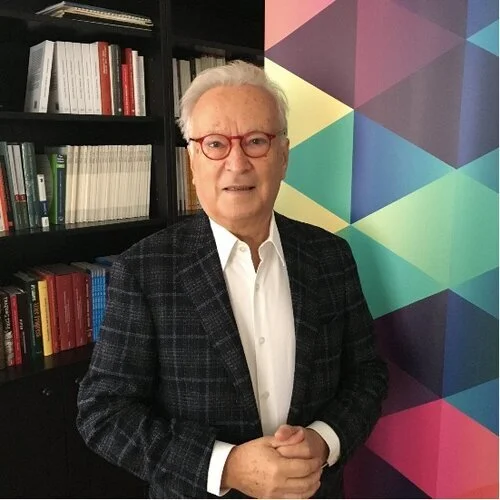“US strategy empowers the hardliners in Iran” was the title given to a comment in the Financial Times after the results of Iran’s recent parliamentary elections were announced. And indeed the conservative faction of the Iranian leadership could not have had better support than the US “strategy” toward Iran, which is in effect against the people of Iran.
Can the winning conservatives in Iran be happy about the result? They certainly won, but it comes as no great surprise when many - including many active parliamentarians of the past years - were not allowed to compete. Many moderate or reformist candidate were barred from running: the Guardian Council vetoed thousands of candidates. With these restrictions, it was no major accomplishment for the conservative candidates to win. In addition, turnout in the elections was extremely low. Many Iranians seem to be disappointed by the leadership in general and in particular the lack of support from the government of President Rouhani. Now it will be even more difficult for him to end his term with constructive policies.
But the low turnout - even considering the outbreak of the coronavirus epidemic in Iran - is nothing to celebrate on the side of the winning conservatives. Taking into account the large protests of the last months - which were torpedoed by Trump’s killing of General Solimani - dissatisfaction is clearly visible. But neither Europe nor the US should expect a decisive revolt against the “real” leadership of Iran. For the time being, a further hardening of the regime can be expected rather than a softening and a process of liberalization.
That would support the arguments and reasoning of all those who ask the EU to try to keep the nuclear agreement concluded in Vienna - the JCPOA - alive. The proposal of Heinz Gärtner and his colleagues from Switzerland and Finland - published on this website - show a way how these three countries could be of particular help in giving the nuclear agreement a new chance.
In this regard, it is interesting that voices form Israel - Ariel E. Levite and Shimon Stein in Die Zeit on January 9th - argue that Europe should use all its diplomatic capacity to keep the agreement alive. Of course, all these contributions are aware that new and additional issues must be put on the agenda. Promoting security in the Middle East must be the chief aim of EU policy. Armaments from all sides must be debated. Aside from influence from the outside, there are several forces in the region that are responsible for instability and war, not only Iran. But it is important not to follow or accept Trump’s strategy. We need to promote new ideas for peace in the Middle East. Without the JCPOA, these steps will be much more difficult to take. The recent visit of the High Representative of the EU Josep Borell was at least a good signal.
Dr. Hannes Swoboda, President of the International Institute for Peace (IP), started his career in urban politics in Vienna and was elected member of the European Parliament in 1996. He was Vice President of the Social Democrat Group until 2012 und then President until 2014. He was particularly engaged in foreign, enlargement, and neighborhood policies. Swoboda is also President of the Vienna Institute for International Economics, the Centre of Architecture, the University for Applied Science - Campus Vienna, and the Sir Peter Ustinov Institute.


